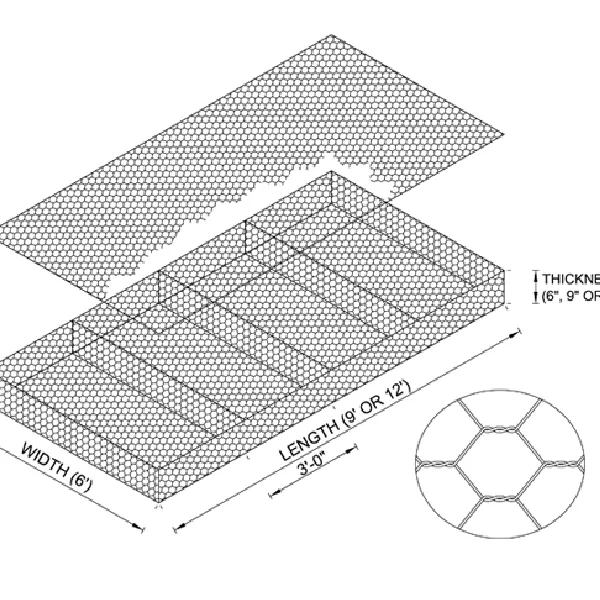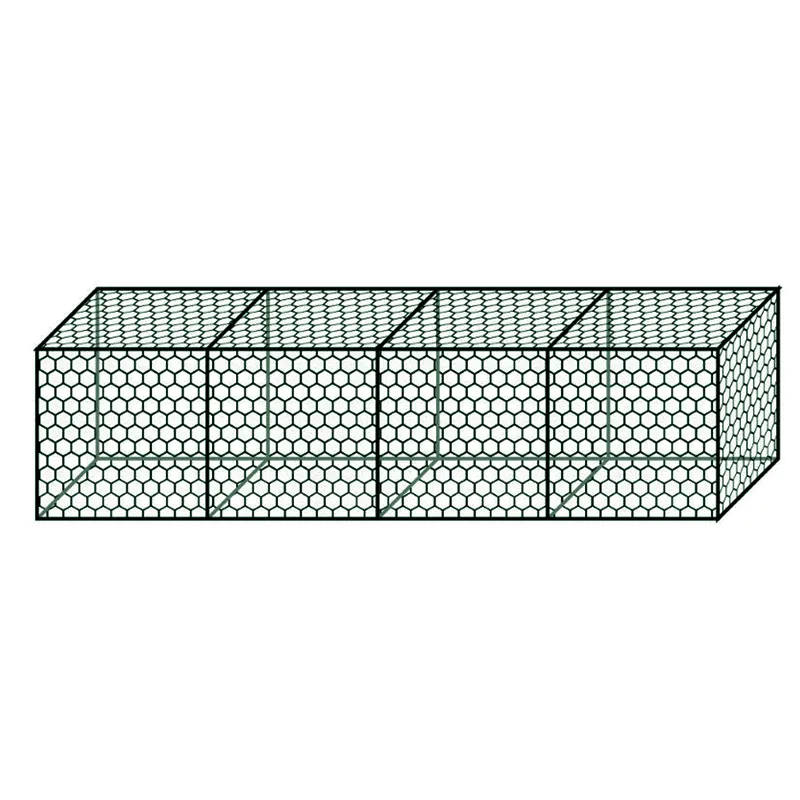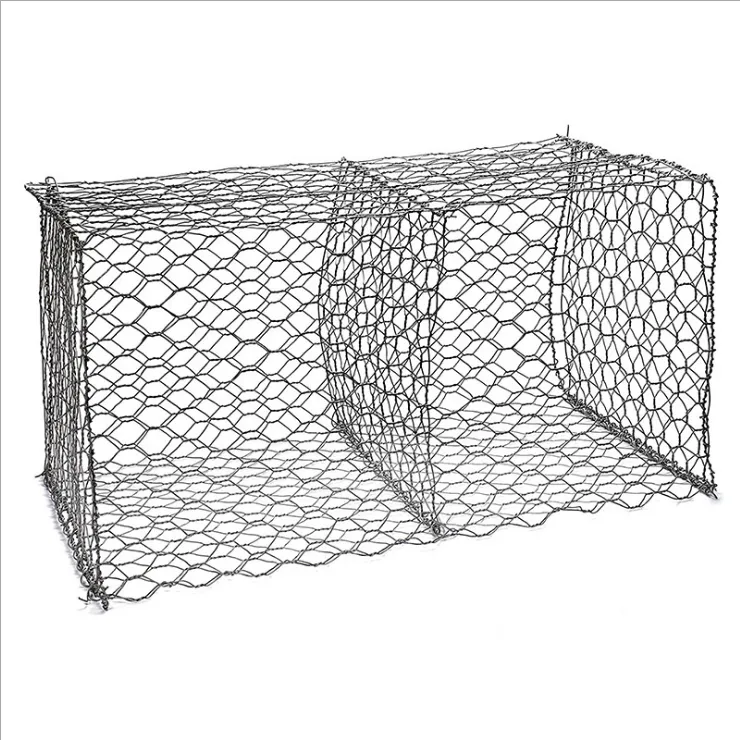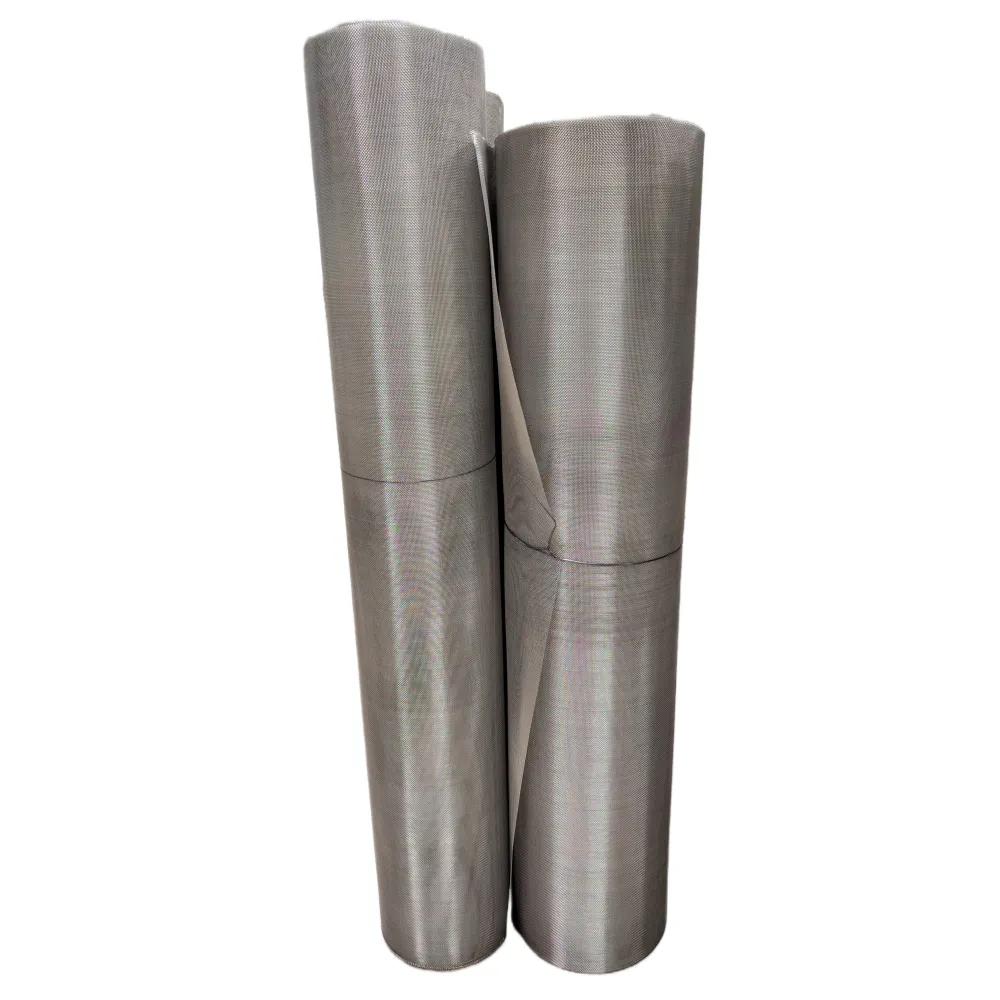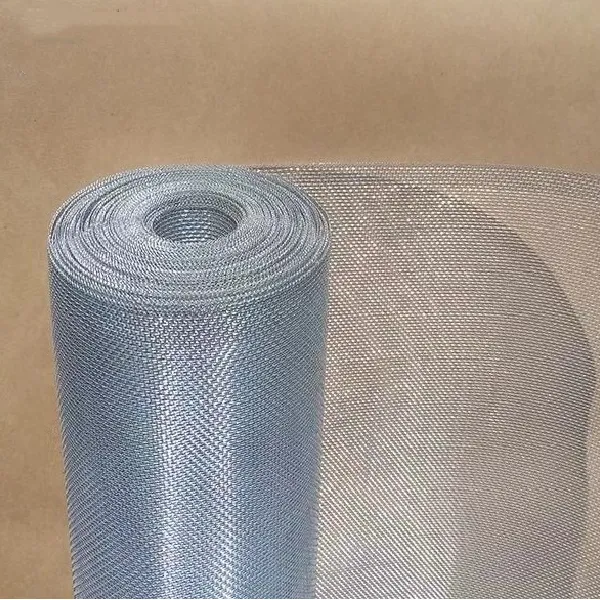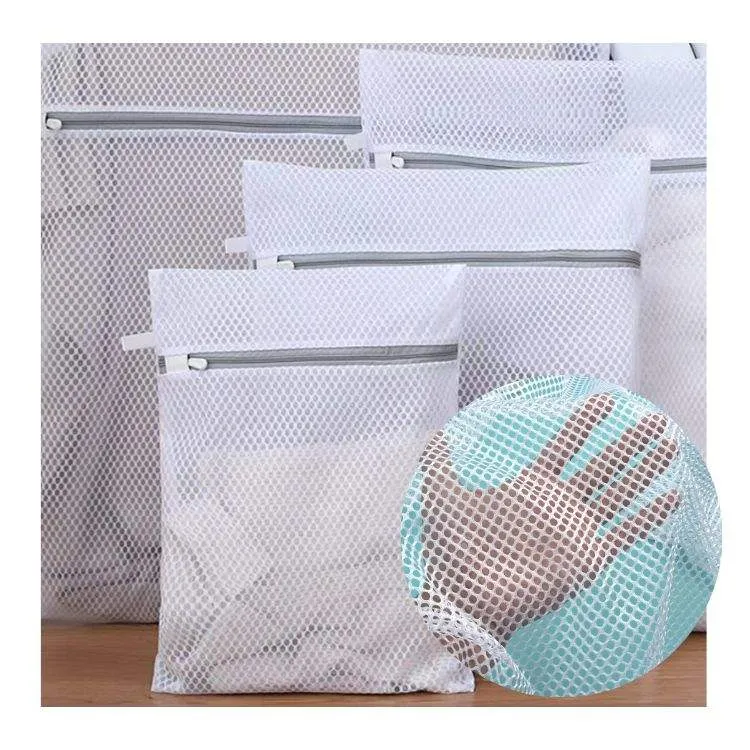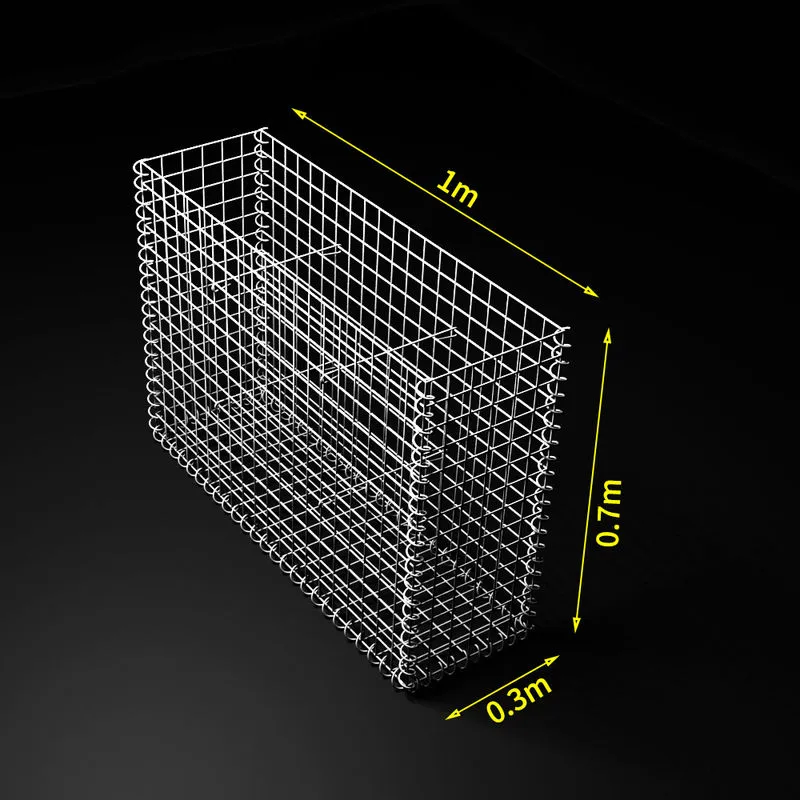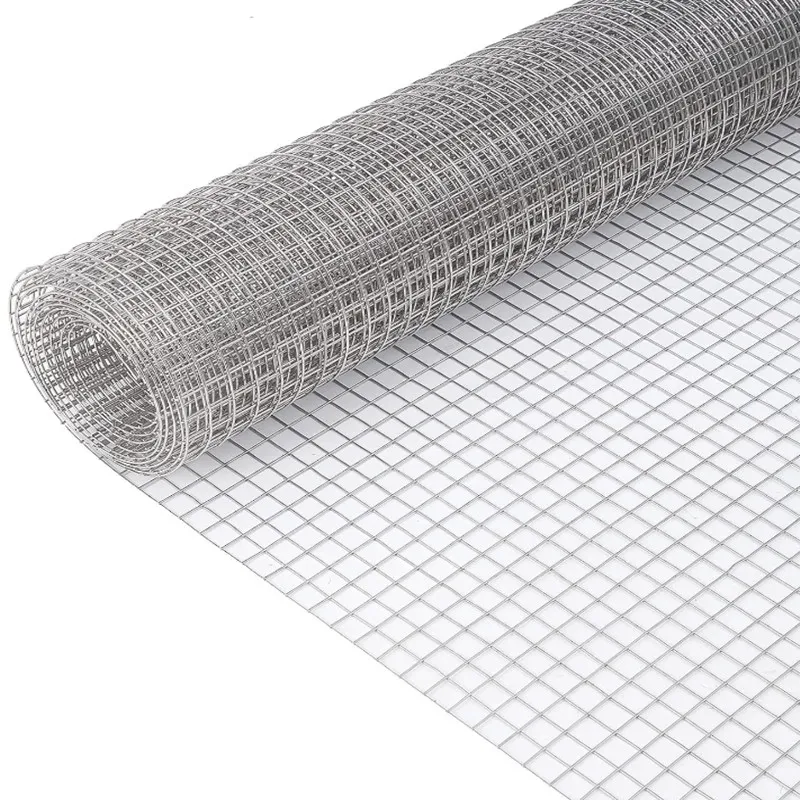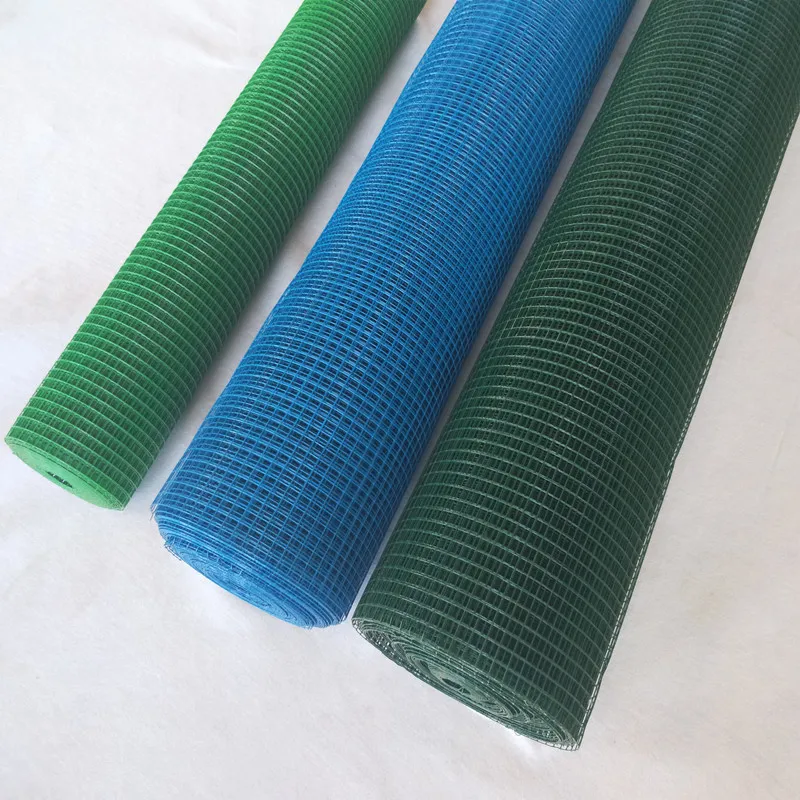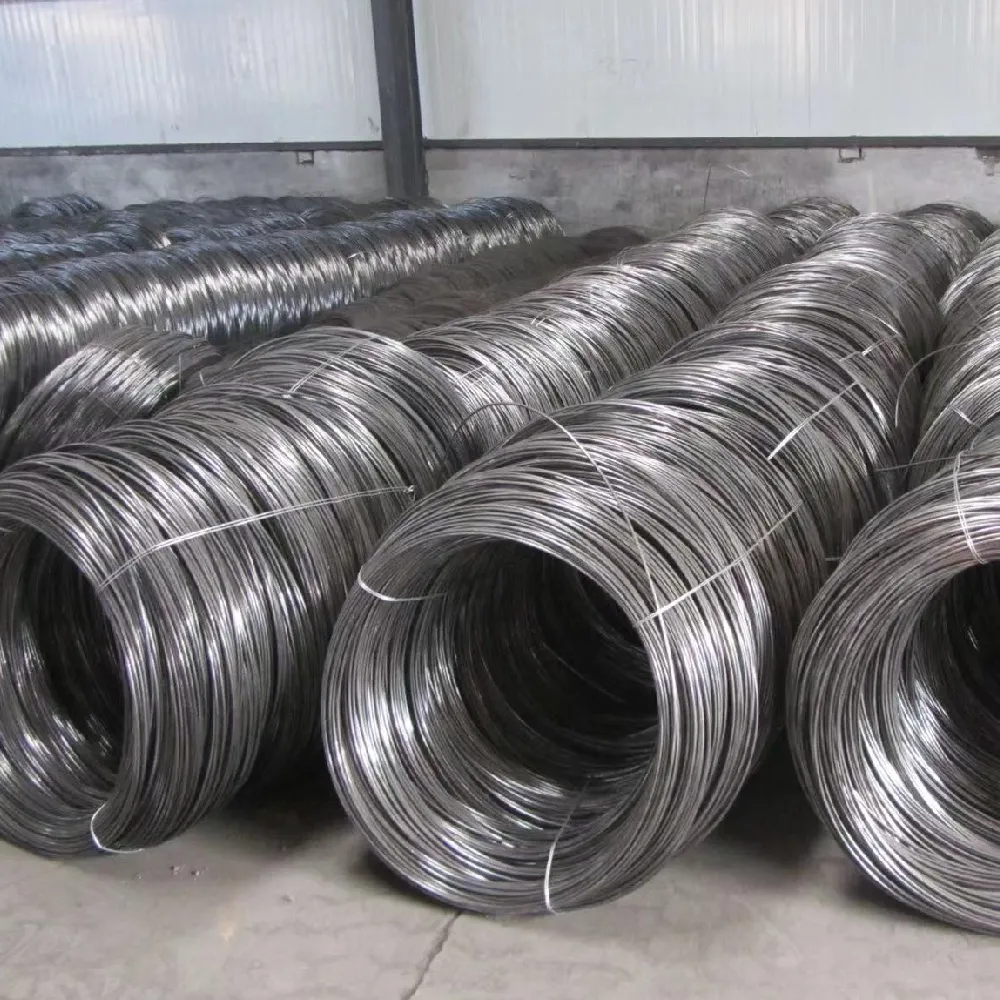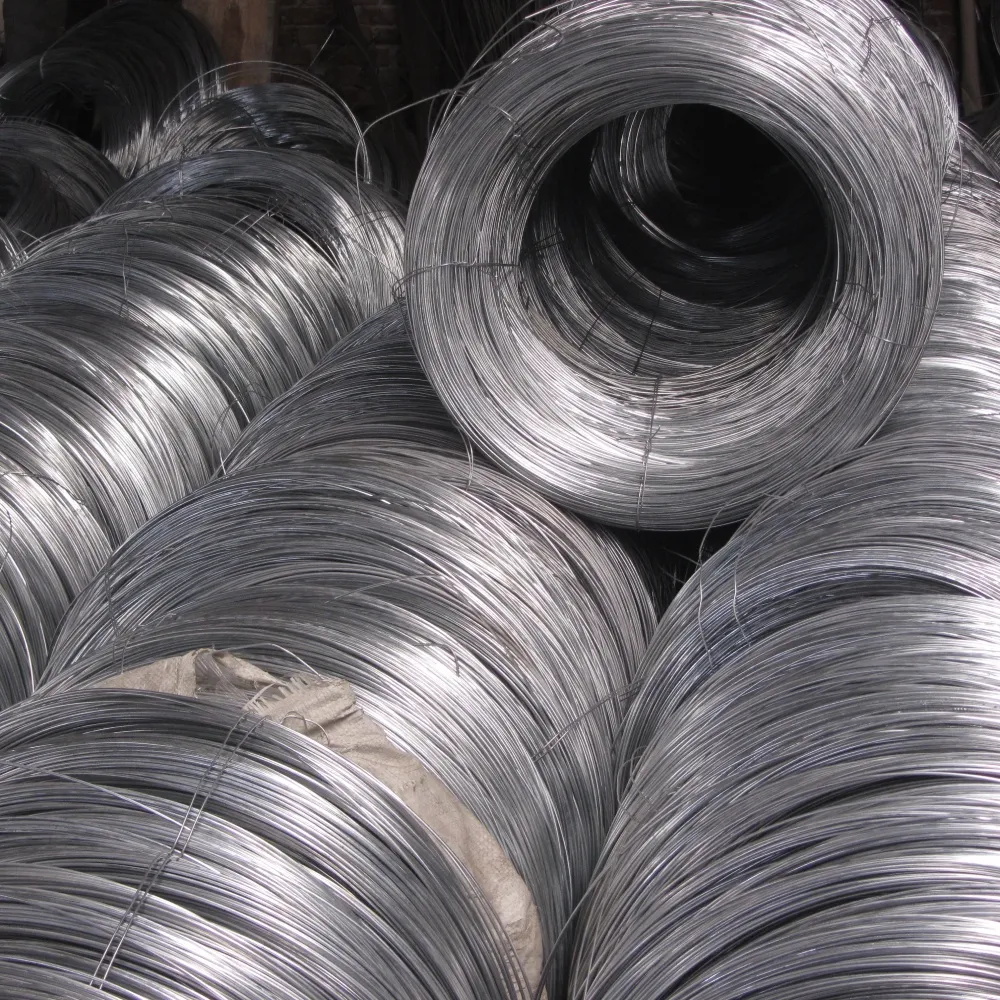In the realm of civil engineering and environmental protection, gabion box stands as a robust solution, blending strength with sustainability to address erosion, retaining walls, and infrastructure needs. A key manufacturer of such structures is SHENZHOU TIKE METAL CO.,LTD, based in Shenzhou with two export departments in Shijiazhuang. Equipped with advanced technology, skilled workers, and expert management, the company specializes in producing gabion box products, including box gabion, with a focus on precise sizing and specifications. Their commitment to quality ensures each product meets rigorous standards, catering to projects ranging from riverbank stabilization to industrial retaining walls. This article explores the unique attributes of these gabion structures and how the company’s expertise elevates their performance.
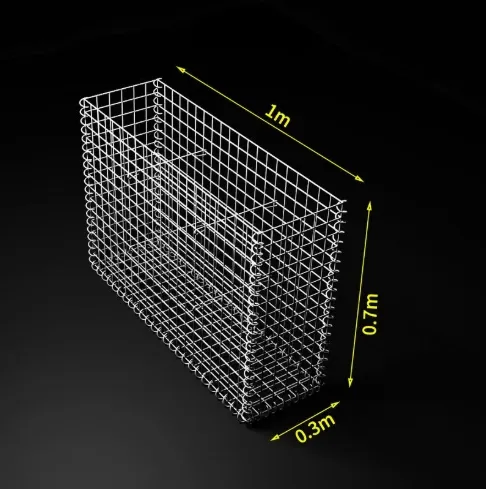
Gabion Box: Engineering Resilience with Welded Wire Mesh
Gabion box is a wire mesh container, typically made from low-carbon steel wire, designed to be filled with stones or other aggregates to form rigid, permeable structures. Its welded or woven mesh construction ensures durability, while the porous design allows water flow, reducing hydrostatic pressure—ideal for erosion control and drainage.
SHENZHOU TIKE METAL’s gabion box is crafted using high-quality welded wire mesh, ensuring uniform grid strength and resistance to deformation. The steel wires are often galvanized or PVC-coated to resist corrosion, extending lifespan even in moist or coastal environments. Common applications include riverbank protection, slope stabilization, and decorative retaining walls in parks or commercial landscapes. What sets their gabion box apart is the precision of the welding process: each joint is reinforced to withstand the weight of filled aggregates, ensuring structural integrity over time. This blend of functionality and durability makes it a staple in civil engineering projects where long-term performance is critical.
Box Gabion: A Versatile Variant of Gabion Structures
Box gabion refers to a rigid, rectangular gabion structure, often used interchangeably with gabion box but emphasizing its box-like form and suitability for heavy-duty applications. Its design—featuring solid welded mesh panels—provides enhanced stability, making it ideal for retaining walls, bridge abutments, and industrial barriers.
SHENZHOU TIKE METAL’s box gabion is manufactured with thick-gauge low-carbon steel wire, ensuring it can bear heavy loads without bulging. The welded mesh panels are assembled into boxes with secure latching systems, allowing easy on-site filling with stones or recycled concrete. This structure’s rigidity makes it perfect for projects requiring vertical support, such as highway embankments or commercial construction retaining walls. The company offers box gabion with optional PVC coating for added corrosion resistance, catering to coastal or chemical-exposed environments. By prioritizing structural rigidity, their box gabion proves invaluable in high-stress applications.
Gabion Box Sizes: Tailoring Dimensions to Project Needs
Gabion box sizes vary to accommodate diverse project requirements, from small garden retaining walls to large-scale river engineering. Standard sizes often include 1m×0.5m×0.3m, 2m×1m×0.5m, and 3m×1m×1m, but customization is key for unique applications.
SHENZHOU TIKE METAL excels in providing flexible gabion box sizes, leveraging advanced machinery to produce both standard and custom dimensions. For example, narrow 0.5m-wide boxes suit tight spaces like urban drainage channels, while 3m-long boxes streamline large riverbank projects by reducing installation time. The company’s ability to adjust height (0.3m to 1.5m) and length (up to 6m) ensures compatibility with project specifications, whether for residential landscaping or industrial infrastructure. This adaptability in sizing makes their gabion box a go-to choice for engineers seeking tailored solutions.
Gabion Box Specifications: Precision in Material and Design
Gabion box specifications encompass critical details like wire diameter, mesh size, and coating, all of which determine performance and longevity. These parameters are tailored to project demands, balancing strength, cost, and environmental resistance.
SHENZHOU TIKE METAL’s gabion box specifications adhere to strict standards: wire diameters range from 2.0mm to 4.0mm (depending on load requirements), with mesh sizes typically 50mm×50mm or 100mm×100mm to securely contain aggregates. Coatings include hot-dip galvanizing (for general corrosion resistance) or PVC coating (for enhanced protection in saltwater or industrial areas). The company conducts rigorous testing—checking wire tensile strength and coating adhesion—to ensure compliance with industry norms. Such precision in specifications guarantees that their gabion box performs reliably, even in harsh conditions like heavy rainfall or chemical exposure.
Frequently Asked Questions About Gabion Box and Related Products
What materials are used in gabion box production by SHENZHOU TIKE METAL?
Their gabion box is primarily made from low-carbon steel wire, chosen for its strength and malleability. Options include galvanized wire (resists rust) or PVC-coated wire (for extreme corrosion resistance), ensuring suitability for diverse environments from freshwater rivers to coastal areas.
How does box gabion differ from other retaining wall solutions?
Box gabion offers unique advantages: its porous design allows water drainage, reducing pressure on structures; the stone filling provides natural aesthetics; and its flexibility absorbs ground movement, preventing cracks. Unlike concrete walls, it is easier to install and environmentally friendly, blending with natural surroundings.
Can gabion box sizes be customized for small-scale projects?
Yes, SHENZHOU TIKE METAL offers custom gabion box sizes for small projects, such as 0.5m×0.3m×0.2m boxes for garden retaining walls or decorative planters. Their machinery allows precise adjustments to length, width, and height, ensuring a perfect fit for any scale.
What key gabion box specifications affect durability?
Critical gabion box specifications include wire diameter (thicker wires for heavier loads), mesh size (smaller grids for finer aggregates), and coating type (galvanized for general use, PVC for harsh environments). These factors directly impact resistance to corrosion, deformation, and long-term structural integrity.
How are gabion box structures installed?
Installation involves placing empty gabion box units in the desired layout, connecting them with latching systems, then filling them with stones or aggregates (typically 50–200mm in size). The filled boxes interlock to form a rigid structure, with permeability allowing water flow—simplifying installation compared to concrete alternatives.
|
Product Type
|
Gabion Box Sizes (L×W×H)
|
Gabion Box Specifications
|
Primary Applications
|
|
Gabion Box
|
1m×0.5m×0.3m, 2m×1m×0.5m
|
Low-carbon steel wire, 2.5mm diameter, 50×50mm mesh, galvanized
|
Riverbank erosion control, small retaining walls
|
|
Box Gabion
|
3m×1m×1m, 2m×0.8m×0.6m
|
3.0mm wire, 100×100mm mesh, PVC-coated
|
Industrial retaining walls, bridge abutments
|
|
Gabion Box (custom)
|
0.5m×0.3m×0.2m, 4m×1.2m×0.8m
|
2.0–4.0mm wire, customizable mesh, galvanized/PVC
|
Garden landscaping, large-scale river projects
|
|
Box Gabion (heavy-duty)
|
5m×1.5m×1m
|
4.0mm wire, 75×75mm mesh, hot-dip galvanized
|
Highway embankments, flood control barriers
|
In summary, gabion box and box gabion structures are indispensable in modern engineering, offering durability and sustainability. SHENZHOU TIKE METAL CO.,LTD’s focus on precise sizing, strict specifications, and quality craftsmanship ensures their products meet the diverse needs of erosion control, construction, and environmental projects. Whether for small gardens or large infrastructure, their gabion solutions stand as a testament to resilience and adaptability.



